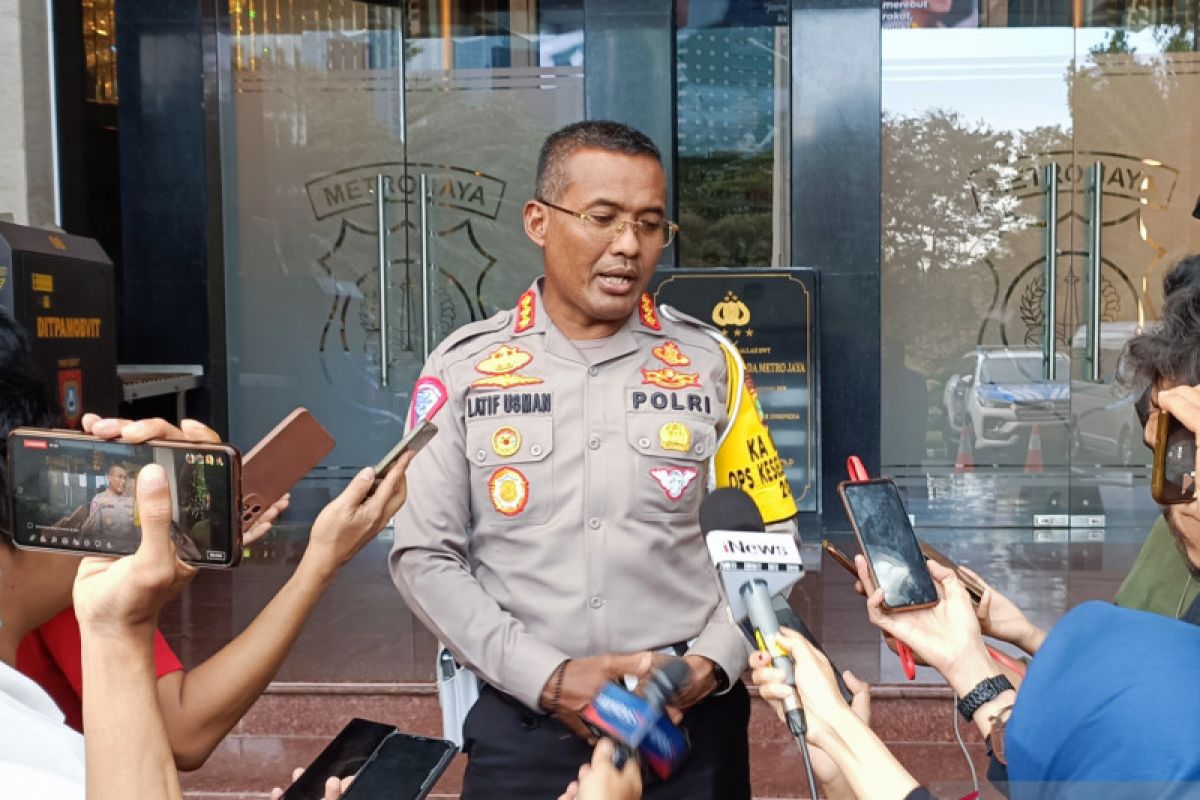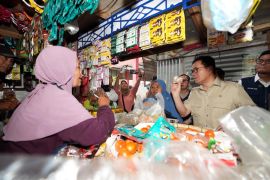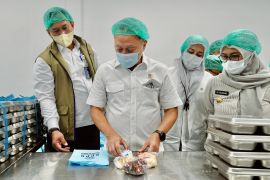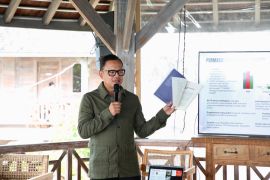"Usually, congestion occurs at 6 p.m. local time, starting at 4 p.m. local time, as employees are catching up to break their fast at home. However, it is only at the beginning of the month, and it will be normal again," Greater Jakarta Police's Traffic Director, Senior Commissioner Latif Usman, stated here on Tuesday.
Meanwhile, traffic jams in the early morning during Ramadan are since workers tend to commute to work after the Fajr (Subuh) prayer.
"(Traffic) also occurs in the morning. Usually, there is a delay in working hours. We will see how are the regulations from each institution," he remarked.
Usman explained that his side has anticipated this by conducting traffic arrangements at highly congested points, especially hours before time to break the fast.
"We will place several personnel at vulnerable points," he remarked.
He said the Greater Jakarta Police has mapped several points that are prone to traffic jams during Ramadan, such as the arterial roads connecting Jakarta with its buffer or surrounding areas.
"These include at culinary spots, as the traffic flow often slows down when motorists stop by to buy takjil (snacks to break the fast)," he stated.
Earlier, Usman said the number of U-turn points might be reduced again to help overcome traffic congestion in the capital city.
He explained that the closure of some U-turns was based on several factors, such as their locations not being at the proper place, or being in the proper place, albeit not feasible anymore.
His side supported the policy implemented by the Jakarta Transportation Office regarding the closure of 27 turnaround points on some arterial roads.
"We are very supportive (of the policy) because they cause traffic slowdowns," he stated.
Related news: BI readies Rp195 trillion in cash before Ramadan, Eid al-Fitr
Related news: Ministry ready to anticipate cybercrime risks during Ramadan
Related news: Jakarta supervising food distribution to markets ahead of Ramadan
Translator: Ilham K, Kenzu
Editor: Sri Haryati
Copyright © ANTARA 2023












